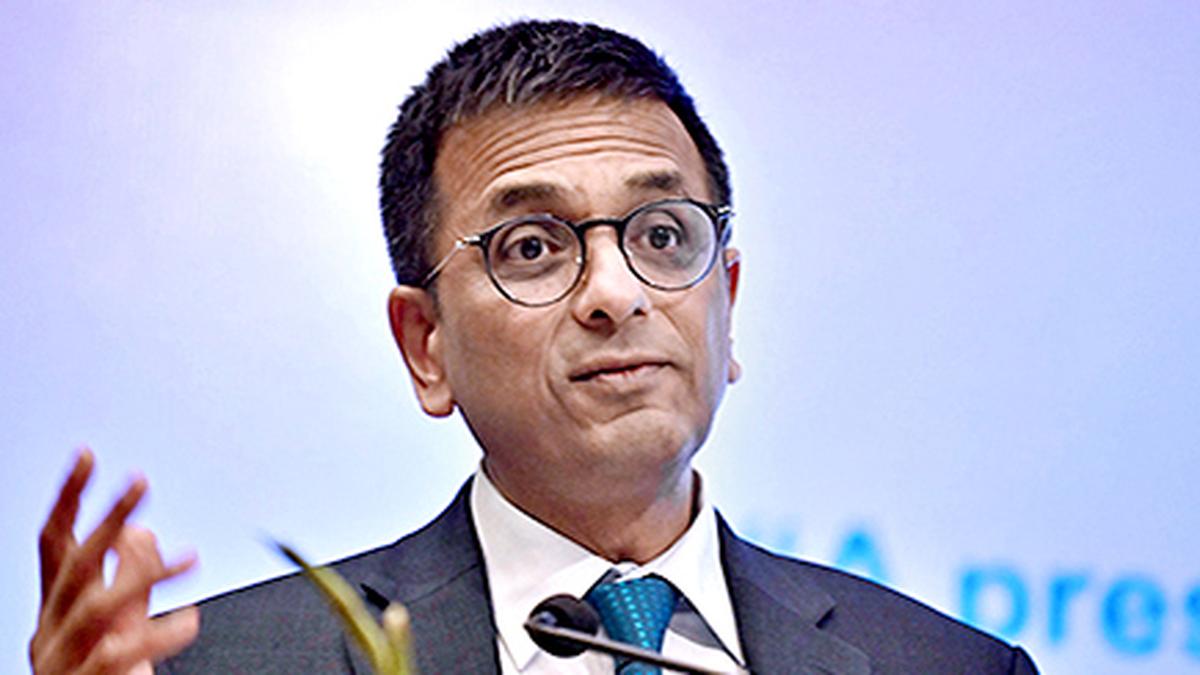
We are confronted with fundamental questions about ethical treatments of AI, says CJI
The Hindu
Identity plays a crucial role in life choices, liberty & resources. Chief Justice Chandrachud discussed the relationship between identity & liberty, & the role of the State in perpetuating social prejudices & hierarchies. He cited John Stuart Mill's book on Liberty & the idea of "Your right to swing your fist ends where my nose begins". He also spoke of AI & personhood, & the need for inclusion of pluralism & diversity in popular sovereignty. Affirmative action has been mandated in India for SCs, STs & BCs.
Chief Justice of India D.Y. Chandrachud on Saturday said identity and its recognition by the State plays a crucial part in what resources people get and their ability to express their grievances and demand their rights.
Addressing the plenary session of the 36th 'LAWASIA' conference virtually, he spoke on "Identity, the Individual and the State - New Paths to liberty".
LAWASIA is a regional association of lawyers, judges, jurists and legal organisations, which advocates for the interests and concerns of the Asia Pacific legal progression.
Noting that liberty is the ability to make choices for oneself and change our course of life, the Chief Justice said identity intersects with the person's agency and life choices.
"As lawyers, we are constantly confronted with this intersection and the role of the State to limit or expand the life opportunities of the people. While the relationship between the state and liberty has been understood widely, the task of establishing and explaining the relationship between identity and liberty is incomplete," he said.
Traditionally, liberty has been understood as the absence of State interference in a person's right to make choices. However, contemporary scholars have come to the conclusion that the role of the State in perpetuating social prejudices and hierarchies cannot be ignored, Chief Justice Chandrachud said. "In effect, whether the state does not intervene, it automatically allows communities with social and economic capital to exercise dominance over communities who have been historically marginalised."
He also said people who face marginalisation because of their caste, race, religion, gender, or sexual orientation will always face oppression in a traditional, liberal paradigm. This empowers the socially dominant.











